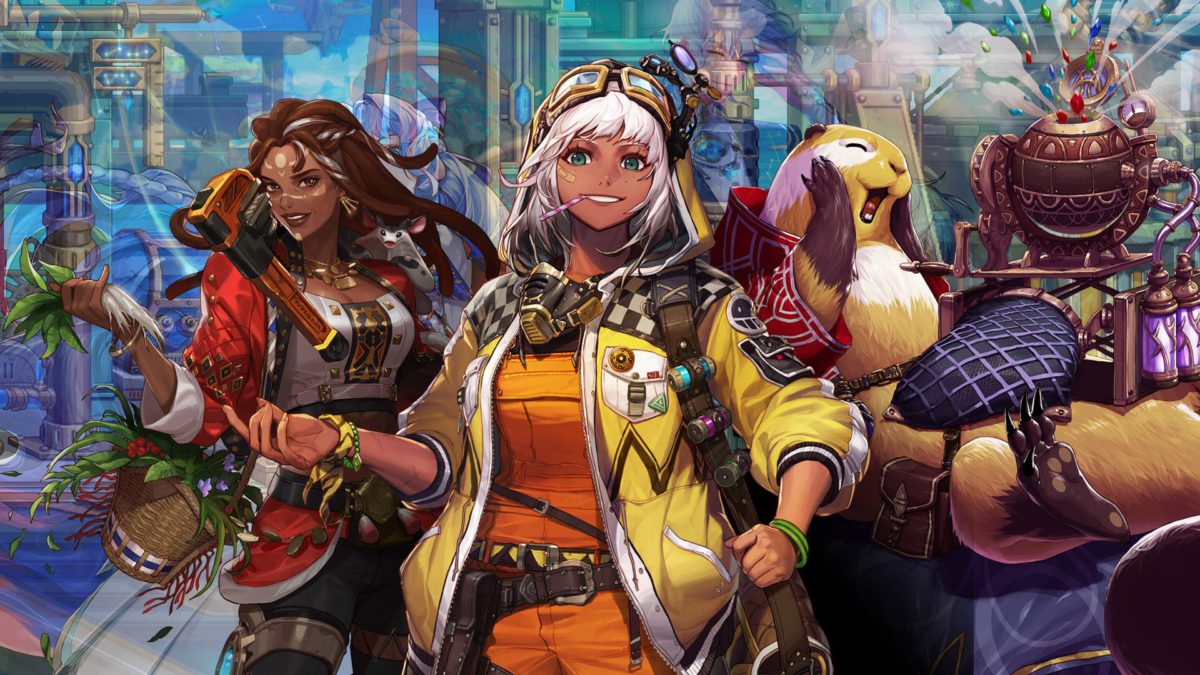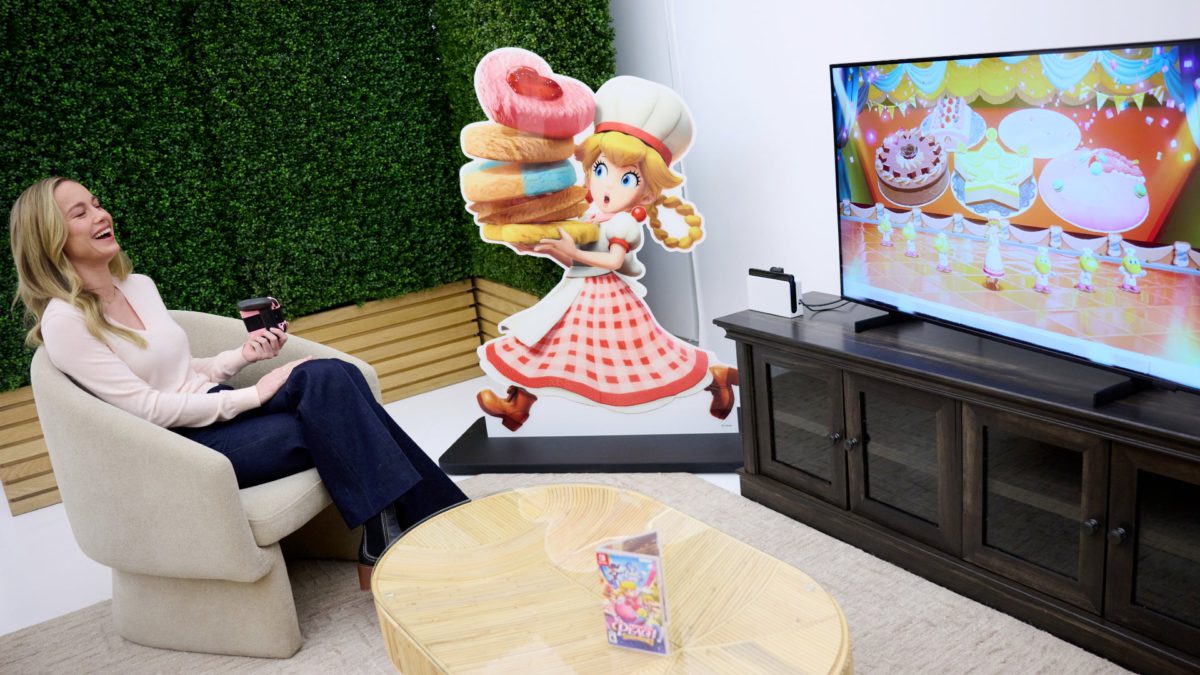If Elden Ring and Dark Souls director Hidetaka Miyzaki had to put a name to the genre of games FromSoftware has become synonymous with over the past decade-plus years, it’d be “Souls-ish.” But even then, he would much prefer to call them “those dark fantasy third-person action games with a higher focus on melee combat and sense of accomplishment.” That’s not quite as catchy as ‘Soulslike’, but it does capture the renowned creator’s specificity. And we got even more of that specificity in our recent interview with Miyazaki ahead of the premiere of the long-awaited trailer for the first Elden Ring DLC, Shadow of the Erdtree.
Along with answering all the questions IGN had about the trailer, Miyazaki looked back on the past two years since the release of Elden Ring, a defining achievement for FromSoftware given its tremendous critical and commercial success.
It’d be an understatement to say that the hype around Elden Ring prior to its launch was bigger than any FromSoftware game before it, with fans even creating their own lore for the game in between official news and trailer drops. When Elden Ring finally launched, fans were treated to something truly spectacular: a masterful, open-world version of the famed Soulslike formula FromSoft popularized, complete with beautiful, hidden narratives, intricate world and dungeon designs, and of course, incredibly challenging fights.
When asked if there was any concern within the studio about creating an open world RPG without helpful tools like quest markers which in turn might turn off the format’s traditional fans, Miyazaki admitted there was some hesitation. But ultimately it goes back to something Miyazaki has in both the players and his team: trust.
“There’s really no way of telling how or if the series would have continued the way it did without Dark Souls 2.”“It would be a lie to say there was no concern about that from any of the dev team,” Miyazaki says. “But what I want to stress is that we didn’t set out with the goal to make an open world game in the traditional sense.” Instead, the director says his approach to open world design is similar to his philosophy on difficulty: “We don’t set out to create a difficult game. We set out to create a challenging game. And in order to achieve that, we need there to be threats and dangers, and we need there to be unknowns.”
For Elden Ring, there needed to be another thing: adventure. A feeling of exploration which he says was the top priority “above everything else.”
“We need this breadth of freedom — this high degree of freedom in how you approach this adventure,” he explains. “And in order to have adventure, in order to have discoveries, again, you need to have some unknowns. And for it to be a discovery, it needs to feel like it’s an unknown, feel like it’s there to be discovered.”
Ultimately, while this philosophy is what guided the team in making Elden Ring an open-ended RPG, the follow-through was a result of having trust in the players. The same players who’ve played games like Demon’s Souls and Dark Souls. “Our main idea is just to trust players,” says Miyazaki. “We trust that they’ll overcome these challenges and we trust that they’ll make these discoveries. And I think giving them trust just creates a healthy landscape for them to play and adventure.”
Yes, I think it’s very likely that we’ll see new directors going forward. And I think if we do that, I’d like to step away from that supervisory role and give them full direction and full control over those projects.Miyazaki might be thinking a lot about trust these days. Since 2009, he has served as director on all but one Soulslike game. That was 2014’s Dark Souls 2, on which the director’s seat was given to Tomohiro Shibuya and Yui Tanimura while Miyazaki somewhat sat back as Supervisor.
Incidentally, Dark Souls 2 probably bears the Souls series’ closest resemblance to Elden Ring. Design wise, both Dark Souls 2 and Elden Ring stressed open-ended gameplay and ditched linear progression. Miyazaki agrees and in fact goes a step further. “In regards to Dark Souls 2, I actually personally think this was a really great project for us, and I think without it, we wouldn’t have had a lot of the connections and a lot of the ideas that went forward and carried the rest of the series.”
Miyazaki adds that having different directors also helped the series as a whole. “We were able to have that different impetus and have those different ideas and make those different connections that we otherwise might not have had.” He goes so far as to say that “there’s really no way of telling how or if the series would have continued the way it did without Dark Souls 2.”
With several more games released by FromSoftware since Dark Souls 2, Miyazaki now seems more comfortable entrusting future games to other directors, saying there “is a high possibility that we would delegate responsibility of director to those other Souls-ish games going forward.” It’s an idea he doubles-down on: “Yes, I think it’s very likely that we’ll see new directors going forward. And I think if we do that, I’d like to step away from that supervisory role and give them full direction and full control over those projects. I think really this is the best way and the easiest way for them to flourish within that environment and with those new projects.”
While Miyazaki doesn’t elaborate too much, he tells IGN that how he managed the role of Supervisor during work on Dark Souls 2 is “one little area of regret” for him. Personally, he enjoys “a lot of projects where I am director, so I think a supervisor role for me is just something I’m not used to and just is maybe not quite a good fit.”
It helps that FromSoftware is a team that seemingly all pull in the same direction, and understand, together, what makes a great FromSoft game. Miyazaki alluded to this when asked how the studio is able to release massive AAA games in such a timely manner, whereas development time for similarly sized games elsewhere seem to stretch over several more years.
“I don’t know if it’s some great secret… but generally we are just blessed with a great staff who love to create these games and who are, I think you could say, efficient at creating games,” he says.
“I think one area is we’re able to understand quickly what we want to make and [are] able to make these decisions early on in development,” he adds. “We’re able to iterate and we’re able to leave things on the chopping board. We’re able to go ahead with ideas and a quick pace. We’re able to quickly change and quickly decide on the kind of game we want to make.” See? Trust.
As for the future, not much is written in stone aside from the upcoming Shadow of the Erdtree. Armored Core 6 was released last year and revived FromSoftware’s other pillar franchise. While Miyazaki says the studio has “no definite plans going forward… I think AC 6 was a success in the sense that it showed that there is still a place for Armored Core, at least for us.”
And what about the much asked about Bloodborne sequel? “Unfortunately, and I’ve said this in other interviews, it’s not in my place to talk about Bloodborne specifically. We simply don’t own the IP at FromSoftware. For me personally, it was a great project, and I have a lot of great memories for that game, but we’re not at liberty to speak to it. I’m very sorry about that.”
We’re able to iterate and we’re able to leave things on the chopping board. We’re able to go ahead with ideas and a quick pace.For now, fans will have to look forward to Shadow of the Erdtree, which finally arrives this summer after a two-year wait. If you’re so inclined, you can start a new game of Elden Ring to prepare yourself, though we asked Miyazaki if there were any remaining mysteries left for players to find in the current version of The Lands Between. While Miyazaki says he doesn’t think there’s anything that hasn’t been discovered by now, highlighting how he and the devs “are always surprised and delighted by how much the players do discover, and how much these communities work to uncover these secrets,” there might be one small thing he hasn’t seen yet.
“For me personally, there is a small element that I feel has not yet been discovered. So, whether that’s up to user interpretation or up to just further investigation and playing, that’s something I’m looking forward to.” But he adds, “I think it’s a question of when and not if, but there may be something small still missing.”
Of course, Miyazaki will trust you to figure out what that means.
Matt T.M. Kim is IGN’s Senior Features Editor. You can reach him @lawoftd.
Additional reporting by Mitchell Saltzman






